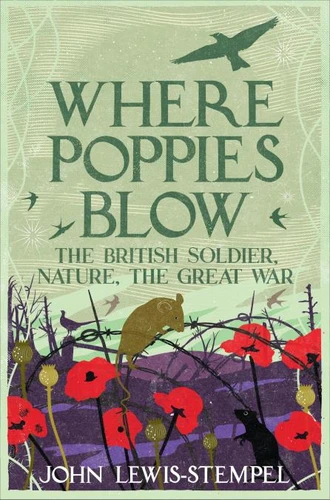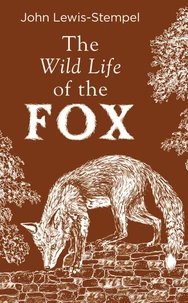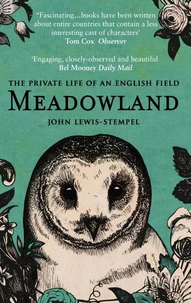Where Poppies Blow. The British Soldier, Nature, the Great War
Par :Formats :
Disponible dans votre compte client Decitre ou Furet du Nord dès validation de votre commande. Le format ePub protégé est :
- Compatible avec une lecture sur My Vivlio (smartphone, tablette, ordinateur)
- Compatible avec une lecture sur liseuses Vivlio
- Pour les liseuses autres que Vivlio, vous devez utiliser le logiciel Adobe Digital Edition. Non compatible avec la lecture sur les liseuses Kindle, Remarkable et Sony
- Non compatible avec un achat hors France métropolitaine
 , qui est-ce ?
, qui est-ce ?Notre partenaire de plateforme de lecture numérique où vous retrouverez l'ensemble de vos ebooks gratuitement
Pour en savoir plus sur nos ebooks, consultez notre aide en ligne ici
- Nombre de pages400
- FormatePub
- ISBN978-0-297-86927-6
- EAN9780297869276
- Date de parution02/11/2016
- Protection num.Adobe DRM
- Infos supplémentairesepub
- ÉditeurWeidenfeld & Nicolson
Résumé
Winner of the 2017 Wainwright Golden Beer Book Prize for nature writingThe natural history of the Western Front during the First World War'If it weren't for the birds, what a hell it would be.'During the Great War, soldiers lived inside the ground, closer to nature than many humans had lived for centuries. Animals provided comfort and interest to fill the blank hours in the trenches - bird-watching, for instance, was probably the single most popular hobby among officers.
Soldiers went fishing in flooded shell holes, shot hares in no-man's land for the pot, and planted gardens in their trenches and billets. Nature was also sometimes a curse - rats, spiders and lice abounded, and disease could be biblical. But above all, nature healed, and, despite the bullets and blood, it inspired men to endure. Where Poppies Blow is the unique story of how nature gave the British soldiers of the Great War a reason to fight, and the will to go on.
Soldiers went fishing in flooded shell holes, shot hares in no-man's land for the pot, and planted gardens in their trenches and billets. Nature was also sometimes a curse - rats, spiders and lice abounded, and disease could be biblical. But above all, nature healed, and, despite the bullets and blood, it inspired men to endure. Where Poppies Blow is the unique story of how nature gave the British soldiers of the Great War a reason to fight, and the will to go on.
Winner of the 2017 Wainwright Golden Beer Book Prize for nature writingThe natural history of the Western Front during the First World War'If it weren't for the birds, what a hell it would be.'During the Great War, soldiers lived inside the ground, closer to nature than many humans had lived for centuries. Animals provided comfort and interest to fill the blank hours in the trenches - bird-watching, for instance, was probably the single most popular hobby among officers.
Soldiers went fishing in flooded shell holes, shot hares in no-man's land for the pot, and planted gardens in their trenches and billets. Nature was also sometimes a curse - rats, spiders and lice abounded, and disease could be biblical. But above all, nature healed, and, despite the bullets and blood, it inspired men to endure. Where Poppies Blow is the unique story of how nature gave the British soldiers of the Great War a reason to fight, and the will to go on.
Soldiers went fishing in flooded shell holes, shot hares in no-man's land for the pot, and planted gardens in their trenches and billets. Nature was also sometimes a curse - rats, spiders and lice abounded, and disease could be biblical. But above all, nature healed, and, despite the bullets and blood, it inspired men to endure. Where Poppies Blow is the unique story of how nature gave the British soldiers of the Great War a reason to fight, and the will to go on.






















